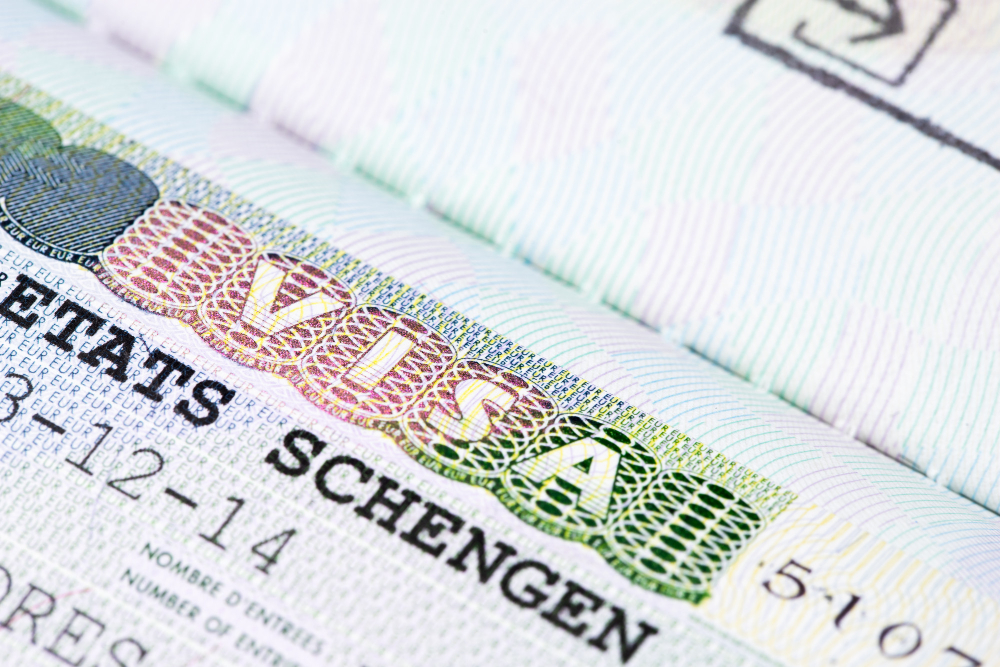Croatia Implements Rigorous Screening for Long-Stay Schengen Visa Applicants, Ministry Confirms
Key Points:
- The Croatian Ministry of Interior has confirmed that authorities are enforcing strict screening for all long-stay visa and permit applicants.
- The initiative aims to prevent foreign nationals from misusing visas and work permits.
- Additional scrutiny will be applied to applicants categorized as "high-risk migration groups."
The Croatian Ministry of Interior has clarified that authorities are conducting thorough background checks on all foreign nationals applying for long-stay Schengen visas (D visas) before issuing residence and work permits.
According to the Ministry, the primary objective is to ensure that applicants genuinely intend to work in Croatia and not exploit the system by moving to another EU member state illegally.
"Before granting a residence and work permit or issuing a long-term D visa for entry into the Republic of Croatia, comprehensive official checks are performed on all third-country nationals to verify the true purpose of their stay and assess migration risks."
— Croatian Ministry of Interior
This statement follows reports that Croatia may suspend work visas for Bangladeshi nationals due to widespread visa misuse.
Official data reveal that Croatia has issued a significant number of work visas to Bangladeshi citizens, but many have left for other EU countries instead of staying in Croatia, prompting stricter enforcement.
Enhanced Checks for "High-Risk Migration Groups"
Given the extent of these concerns, the Ministry has announced that more rigorous verification processes will be introduced, especially for applicants deemed part of "high-risk migration groups," as reported by Danas.
"The Ministry of Interior will conduct additional checks to determine the true intent of residence when issuing new permits—not just for Bangladeshi citizens but for applicants from all countries based on risk assessment."
— Croatian Ministry of Interior
The Ministry has identified nationals from India, Nepal, the Philippines, and Egypt, alongside Bangladesh, as those frequently linked to work visa abuses.
As a result, applicants from these nations will now undergo even stricter scrutiny before being granted a visa or work permit.
Authorities have stated that if there is any indication that an applicant may misuse their long-stay visa, their request will be denied immediately.
Despite these tightened measures, Croatia continues to face labor shortages in several industries, raising questions about how these restrictions might impact foreign workers who meet all legal requirements and intend to work in the country legitimately.

